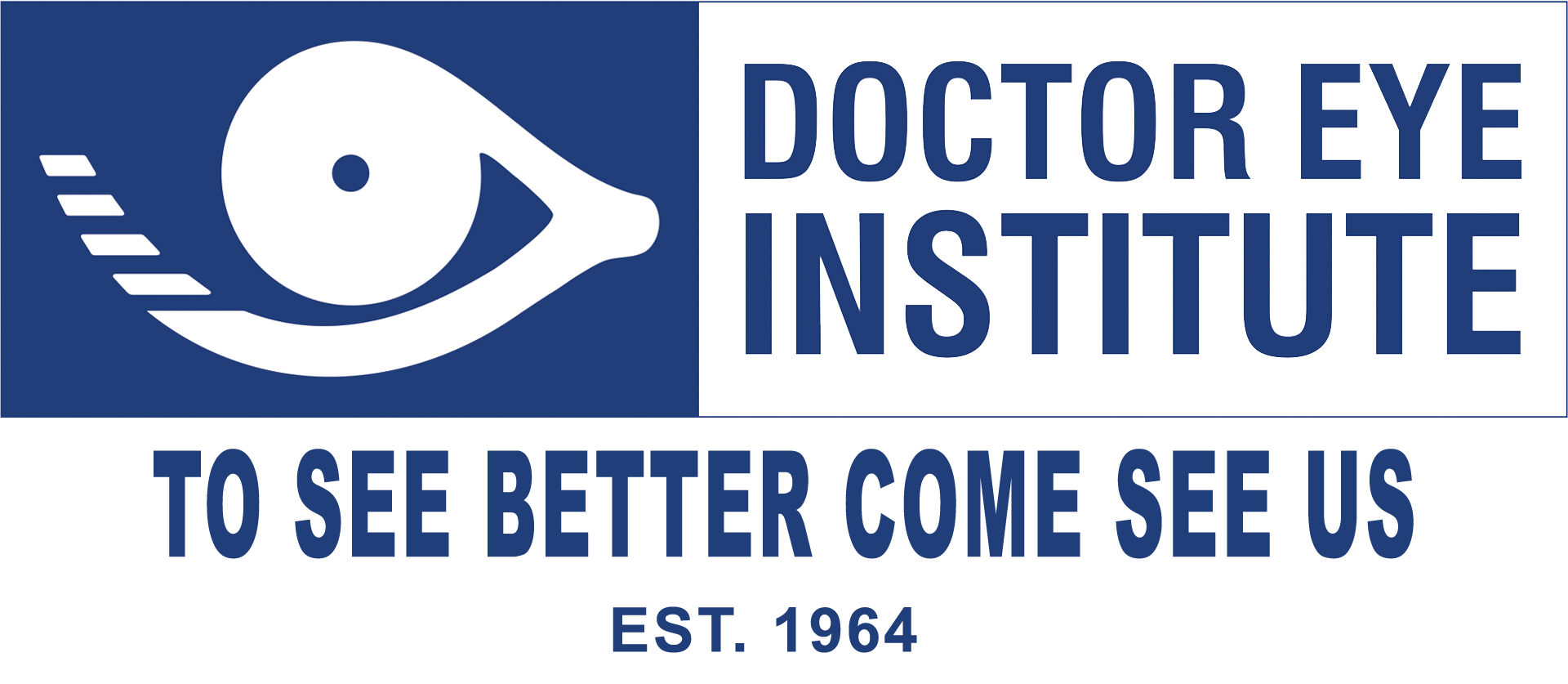The Benefits and Risks of Lasik Surgery
Are glasses and contact lenses better, or should I get Lasik to get rid of my power? This is the question that most of us have been debating. While many people have found relief from glasses and contacts through Lasik surgery, it is crucial to understand the benefits and risks associated with the procedure before making a decision. This blog right here will clear all the possible questions or doubts that you might have about Lasik Surgery.
Understanding Lasik Surgery
Lasik surgery is a renowned and effective procedure that helps with vision correction problems such as nearsightedness, farsightedness, and astigmatism.
The Benefits of Lasik Surgery
- One of the main benefits of Lasik surgery is improved vision without the need for glasses or contact lenses.
- Improved quality of life and increased confidence for those who have struggled with vision problems for many years.
- Lasik surgery can also be a cost-effective solution for those who have spent a significant amount of money on glasses and contacts over time.
Additionally, Lasik surgery is a quick procedure that typically only takes about 10 minutes, and is done for both eyes in one sitting simultaneously, where patients are usually able to return to work and regular activities within hours. The results of the surgery are typically seen within a few hours.
The Risks of Lasik Surgery
As with any surgery, there are risks associated with Lasik surgery. They are extremely rare, are transient and not permanent, however some patients may experience the following:
- Dry eyes,
- Halos, glare for a limited period of time
It is important to note that not everyone is a good candidate for Lasik surgery. Patients with certain medical conditions, such as autoimmune diseases or diabetes, may not be eligible for the procedure. Additionally, those with thin corneas or severe vision problems may not be suitable candidates for Lasik surgery.
The Lasik Surgery Procedure: What to Expect
Before the surgery, patients have to undergo a thorough eye exam to determine if they are a good candidate for Lasik surgery. During the procedure, a local anaesthetic will be applied to the eye to numb it, and a small flap will be created on the cornea. A laser will then be used to reshape the cornea, and the flap will be replaced.
Most patients experience no pain during the surgery, and any discomfort can be managed with over-the-counter pain medication. After the surgery, patients will be given eye drops to prevent infection and promote healing.
Am I a Good Candidate for Lasik Surgery?
As previously mentioned, not everyone is a good candidate for Lasik surgery. Patients should have a stable prescription for at least a year before considering the surgery, and should not have any eye infections or injuries. Additionally, patients should have a healthy cornea and no underlying medical conditions that could affect the healing process.
Long-Term Results and Maintenance of Lasik Surgery
While the results of Lasik surgery are usually long-lasting, it is important to get regular eye exams with your eye doctor and have follow-up appointments. Some patients may require additional procedures or adjustments in the years following the surgery.
Additionally, it is important to protect your eyes from injury and infection after the surgery. Patients should avoid rubbing their eyes, swimming, or participating in contact sports for at least a few weeks after the surgery.
Conclusion: Making an Informed Decision about Lasik Surgery
Lasik surgery can be a life-changing procedure for those with vision problems, but it is important to understand the benefits and risks associated with the procedure.
Patients should undergo a thorough eye exam and discuss their options with their eye doctor before making a decision. By understanding the procedure and its potential outcomes, patients can make an informed decision about whether Lasik surgery is right for them.
Get in touch with Doctor Eye Institute today to know more!









